I Want to Talk to Him, But I Don’t Know How
Allies member Strawberry poses a number of great questions about talking to her son. She’s found a lot of benefit already from the training and support offered by Allies In Recovery, but is still looking for guidance about when, and especially how, to raise the subject of his substance use. Allies CEO Dominique Simon-Levine reviews the key question to ask first—Is my Loved One using now?—and how CRAFT can help you answer it and take the next steps.

Thank you for all you do. I have been using your site for some time and have appreciated the guidance, the REST groups, and the blog postings. I have been through the modules, and I love listening to the Coming Up For Air podcasts. Everything is so helpful. When listening to the podcasts, I have picked up so much information that goes along with the modules.
In one of those podcasts, there are good discussions about disengaging with your loved one when they’re using and engaging when they’re not using. From the podcast, it is obvious that, like me, many people have a hard time knowing when their Loved One is definitely using, although sometimes it’s very clear cut. What I am experiencing with my loved one is that he may be using early in the evening, but by the time he gets home later at night, it really is difficult to tell.
I have been assessing his level of engagement with me and am still finding it difficult. I am trying not to get too caught up in it, but it can be tough to know when exactly I can reward and when to pull away. He has done nice things when I think he might be high, and he does nice things when he isn’t. But I’ve also seen the side of him that no mother wants to see—he has been belligerent, money-seeking, and likely withdrawing. I also see that his mood elevates before be goes out some days, so that may be a precedent, but his mood seems pretty stable as of late. I recall what Dominique said in one of the podcasts about the maintenance level, so I suppose that could be happening.
I have been using CRAFT tools for months and they have helped me in the way I see this situation. It is challenging at times because I am the only one in our home that practices this method. My son knows that I am aware of his use, yet he still avoids the subject with me. He does not want to talk about it, but I am feeling a vibe that his avoidance may be a way to protect me as he doesn’t want to hurt me. My relationship with him has always been good, and I am his target when things go wrong…not uncommon I think!
I would like to know if anyone has any tips on when to engage the Loved One about drug use. It seems when my Loved One is not using and in a great space, the focus is on positive reinforcement and good conversation. It is very hard to bring up substance use when things are going well. Are there any suggestions you could give on how to broach those more difficult conversations? Examples of when to do so? I have heard in several podcasts that being positive and easy on yourself is a great thing, and that that doesn’t mean there won’t by any hard conversations. But when is the best time for them? I would love to hear some stories or examples of how other people approach talking about use, and what worked best. I appreciate that everything is individual and one size does not fit all.
Finally, I know that Laurie’s REST group meets three times a week I try to attend when I can, but the times cut into my work hours. We are in different time zones! I am also interested in Kayla’s group but have not had a chance to connect yet. Is there any opportunity to record any of these sessions for those who can’t attend? I am also interested to know if there is any possibility of Allies in Recovery setting up a Canadian site with similar resources for folks in terms of the counseling re: CRAFT. If so, I would definitely be interested in becoming officially trained so that I could help others. I find that there are not many counselors trained in CRAFT in Canada. I believe that the SMART recovery program is similar but my understanding is that SMART is more for the person who has the substance use disorder rather than family members.
Thank you again for all you do.
Welcome to the site. It sounds like you are finding the information on our site helpful with your son, and it’s good news that his mood is more stable. Still, you’ve identified two places that are difficult for you with CRAFT. Thanks for sending in your questions; you’ve hit on two of the biggies.
Are they using? It’s not always easy to tell
You are not the only one to have trouble telling where the line is between use and non-use. It would be nice if it were black and white, but that is almost never the case. Being falling-down drunk is clear, but “just maintaining” vs. “being high” on heroin can be hard to distinguish. For instance, your Loved One maintains by taking a Suboxone strip bought on the street when he goes to work to avoid getting high, craving, or withdrawal. You have decided to consider that maintaining with a Suboxone strip as non-use. You will want to behave and communicate differently when you assess your Loved One is not using in the moment. Let me explain.
The exercises in Module 3 are there to help you build a practiced eye. I would go through them again, and then review what you wrote. How has it changed?. You’ve been watching him through the CRAFT lens for a while now. You recognize the mood shift up before he goes out: is that enough to say that those are the occasions when he uses early and comes home late? You say it is hard to tell when he comes home late. Without asking your son if he has been using, answer this question:
Has your son been using on the nights when you see his mood go up before going out, and he stays out late? Add in your instinct, your experience, and your answers from Module 3.
Instinct, experience, and CRAFT guidance can get you there
While it is almost never black or white, perhaps you answer YES with 60% confidence that your son is using. You are only 60% sure, but you need to behave and communicate like you are 100% confident he is using (Module 6). This means:
If Yes: remove rewards, allow natural consequences, and remove yourself (Module 6).
If No: reward (Module 5)
Going back to Module 3 and working through the exercising after a couple months have passed is always a good idea. You will see how much you’ve learned just by building that practiced eye.
When to talk, and what to talk about
The other question has to do with when to talk to your Loved One about the drugs. Ideally, the only time you should need to talk about drugs is when you are requesting something from him, like staying away from the house when high or suggesting treatment. Talk of treatment or drugs is done carefully, semi formally, rarely. It’s a serious request to your Loved One (exercise 21 in Module 8 ).
See Module 8 for how to talk about drugs and treatment. Module 8 comes at the end of the eLearning Modules but is worth listening to at any point. By watching the videos in the module, you’ll get a concrete idea of how to engage your Loved One into treatment and recovery work.
The only other time you might mention drugs is when you see your Loved One high. If you can talk about drugs without setting off your Loved One, you might say:
“I see that you are high, so I am going back to my room to read. Good night. Let’s talk tomorrow.”
Many people find that talking about the drug does set off a fight, or a defense or denial, or all three. If you think it might in your son’s case, you might say instead:
“Glad you’re home safe. You don’t look well. Talk tomorrow. I am going back to my room to read. Good night.”
In both your questions, I sense a need to tell him things about the drugs. With CRAFT, you are going to communicate and behave in ways that discourage use, keeps you safe and calm, and sheds a strong light on treatment and recovery. You are not going to tell him things about his drug use.
I hope this makes sense.
One other aspect of CRAFT is how we use the term “engagement,” which I think is slightly different from how you’re using it.
Treatment/Recovery is the prize to keep your eye on
Your Loved One can indeed be nice and engaging with you whether he’s using or not. But rather than monitoring his engagement with you, CRAFT is looking for you to guide and monitor his engagement with the journey to treatment and recovery. When we use the word “engagement,” we are looking strictly at engaging your son into recovery services (again, see Module 8).
You absolutely want to reciprocate and engage with your Loved One when you decide he is not high in the moment. But if he tries to engage with you when he is high, you quietly and neutrally disengage yourself, remove rewards, and allow any consequences that are safe and tolerable for you.
This is hard for many families to do. When your Loved One is chatty and engaging AND high, you have to forgo this moment of connection, and step away, allow natural consequences and remove rewards.
Does that help? Thank you for raising your challenges with several of these central CRAFT concepts. We wish you every success in supporting your Loved One and caring for yourself.







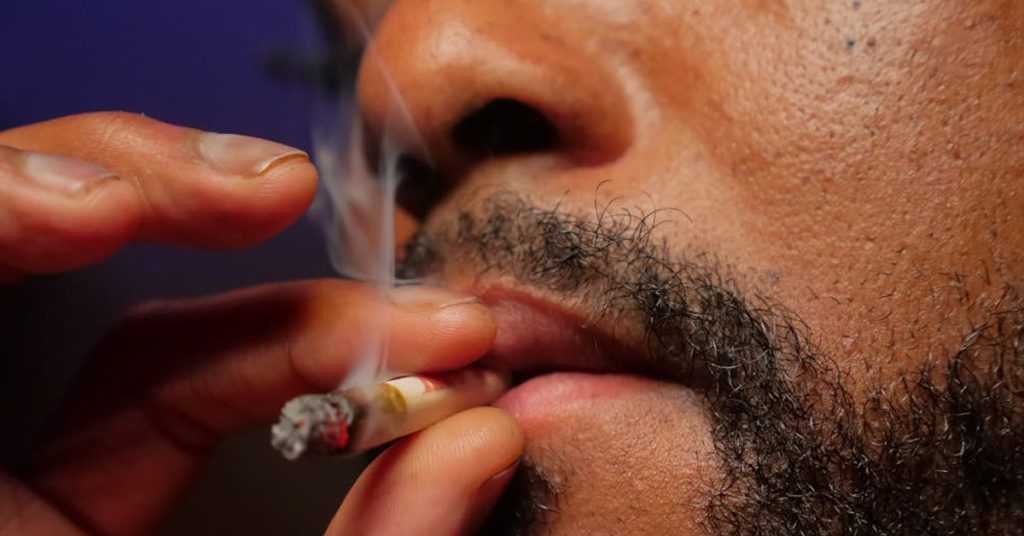



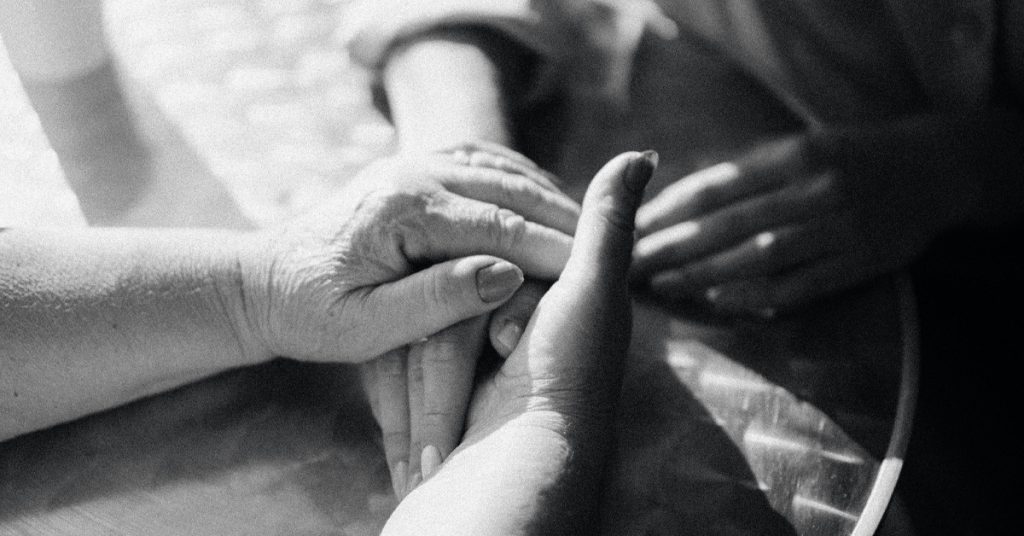
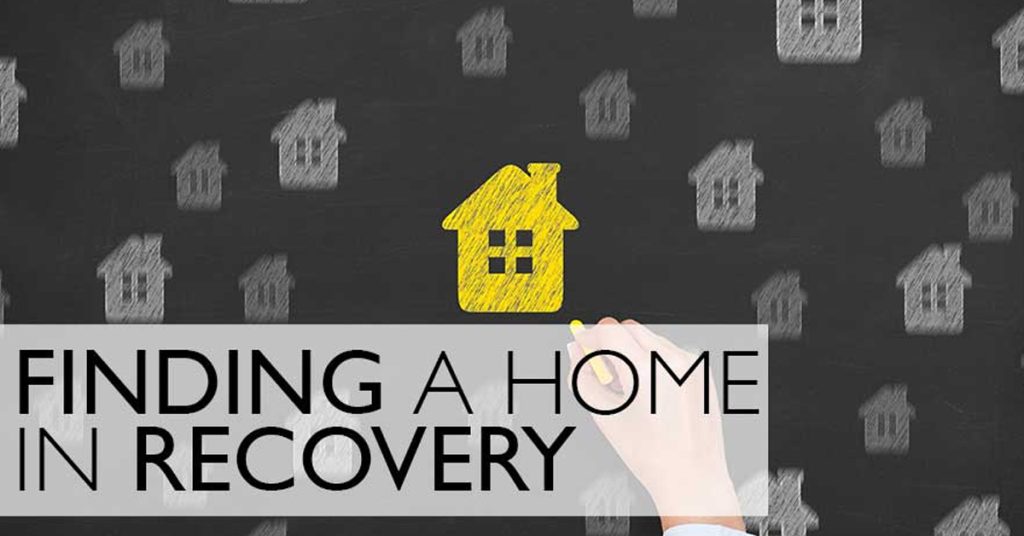
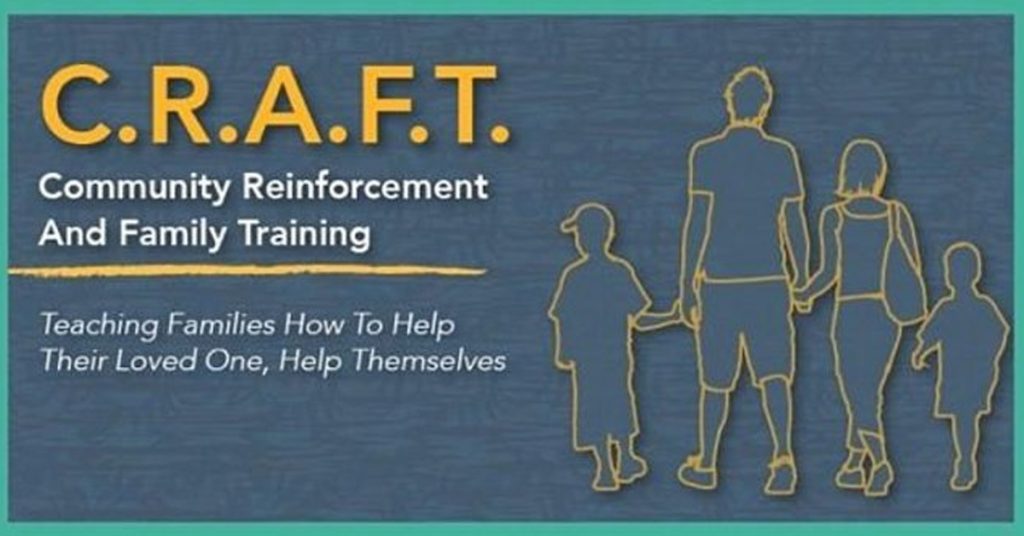


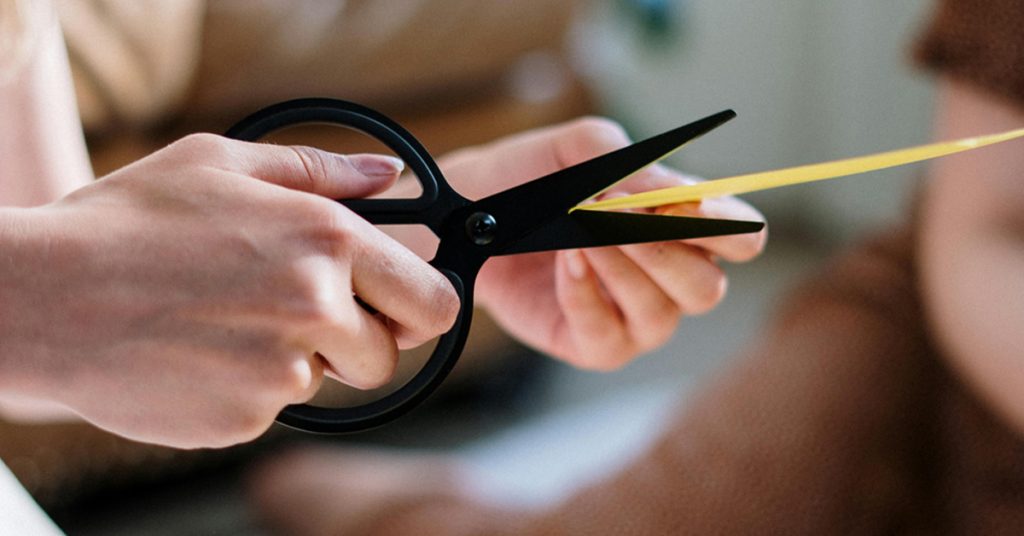



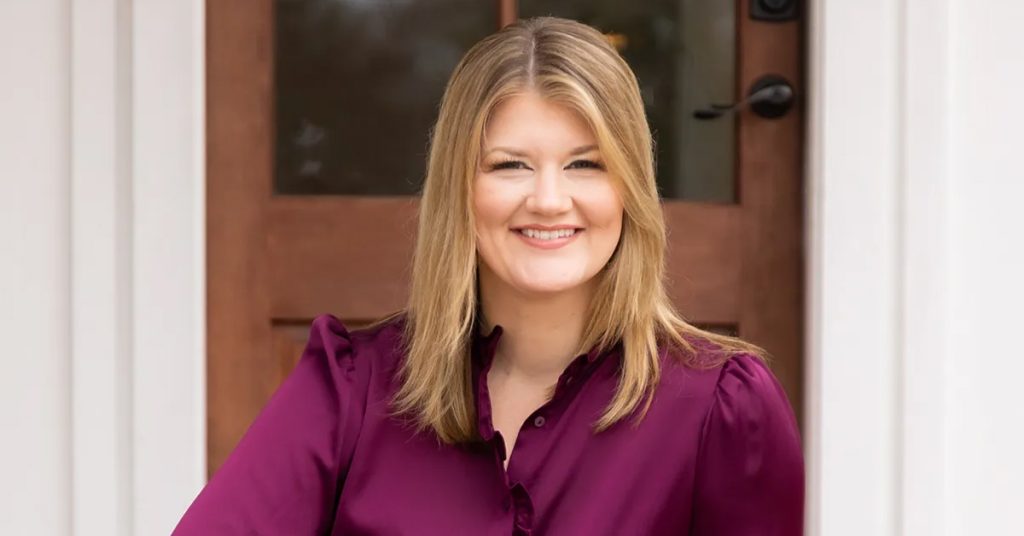
















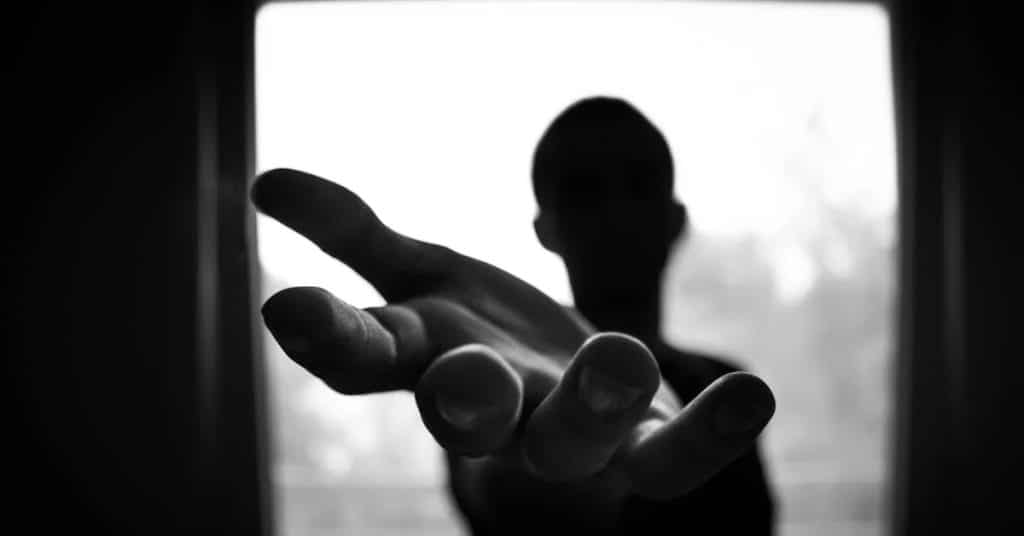






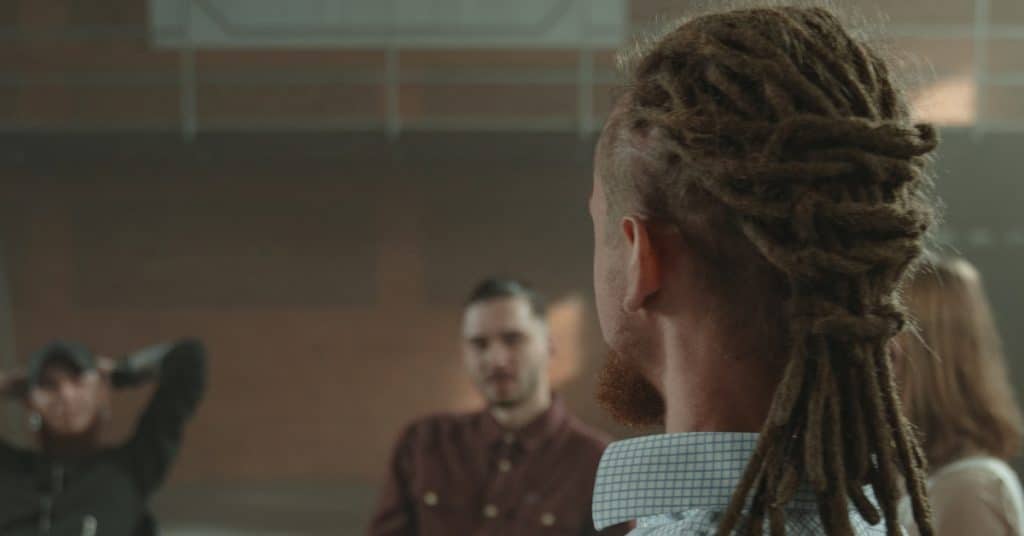





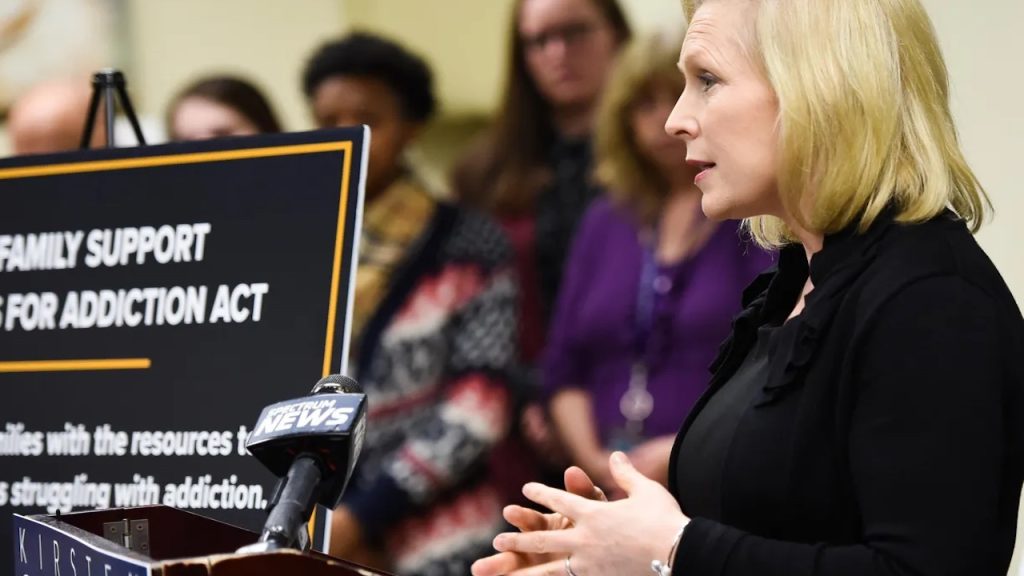

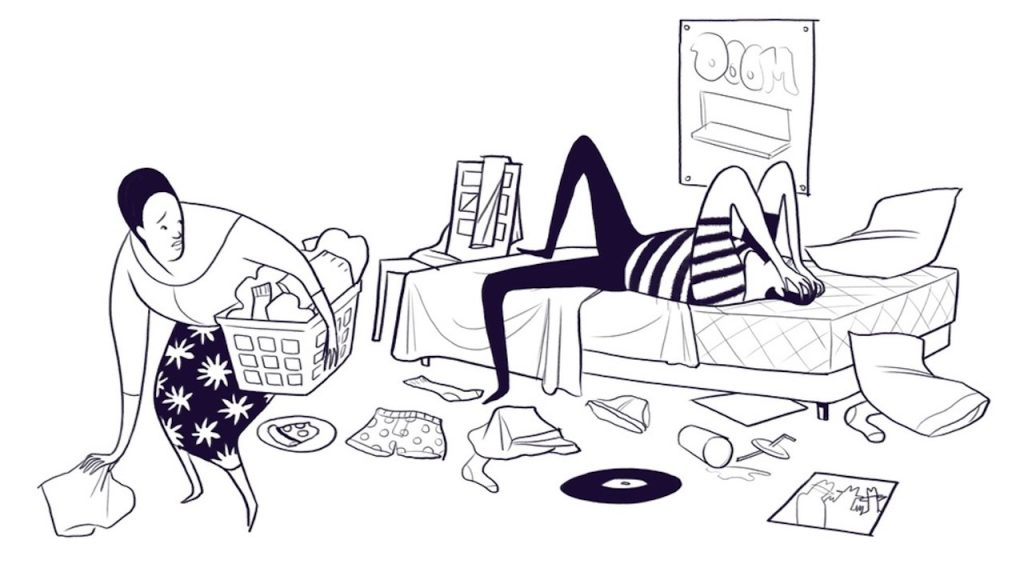

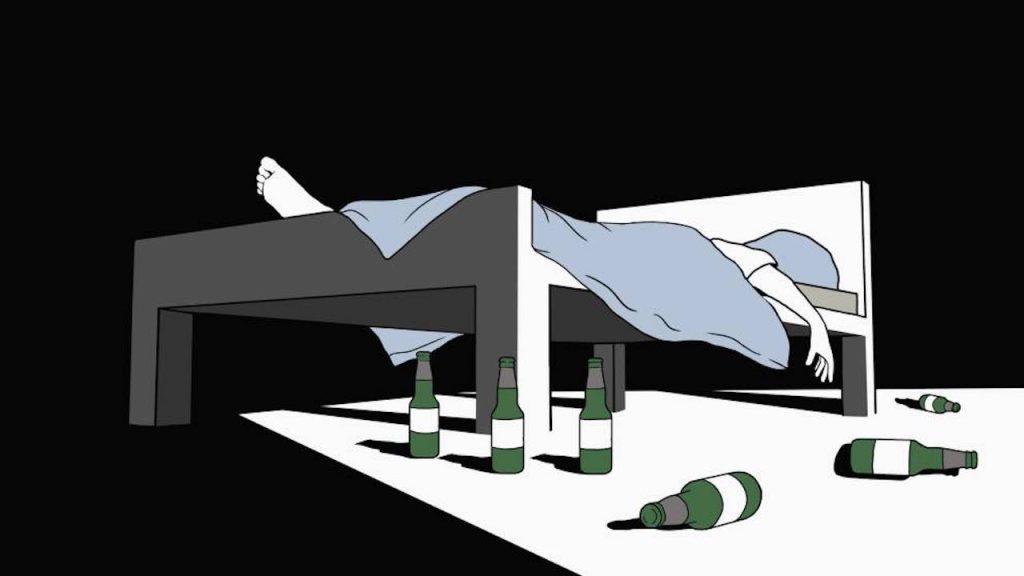


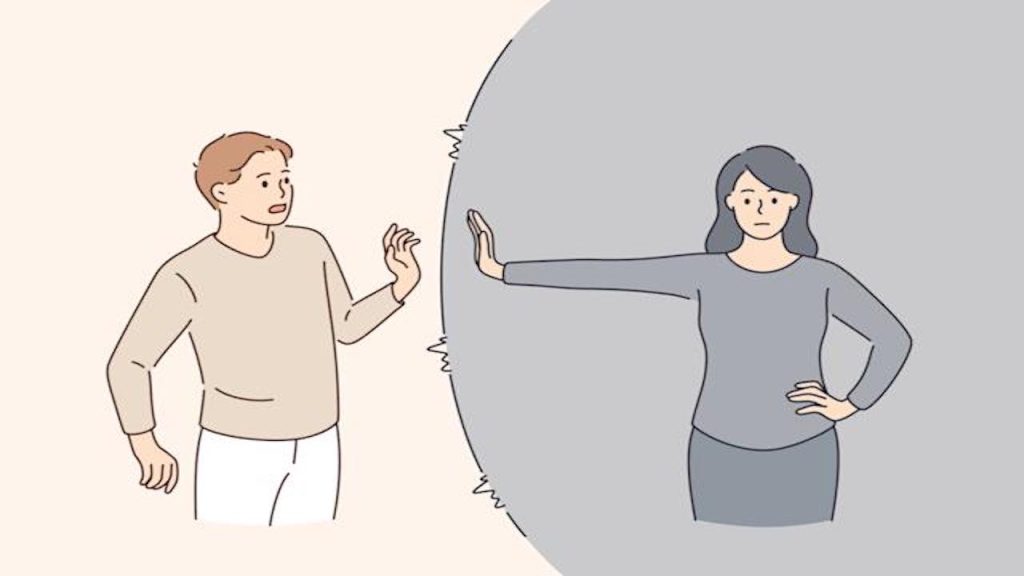

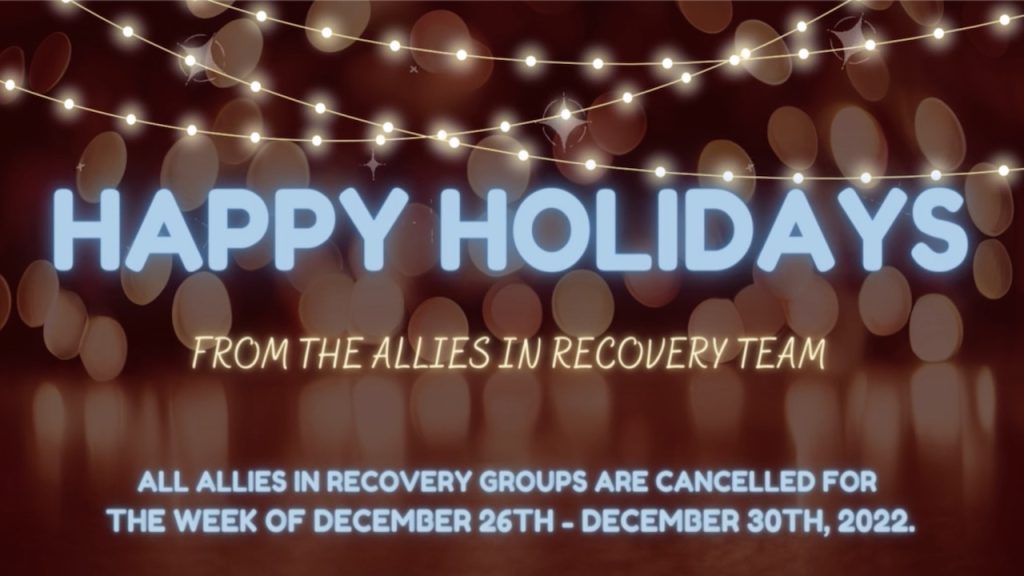


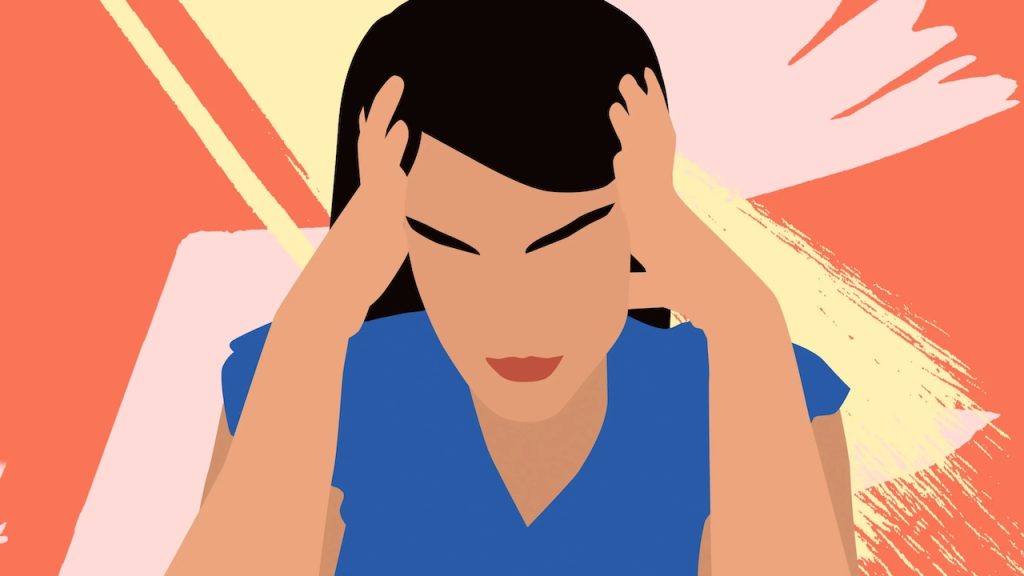
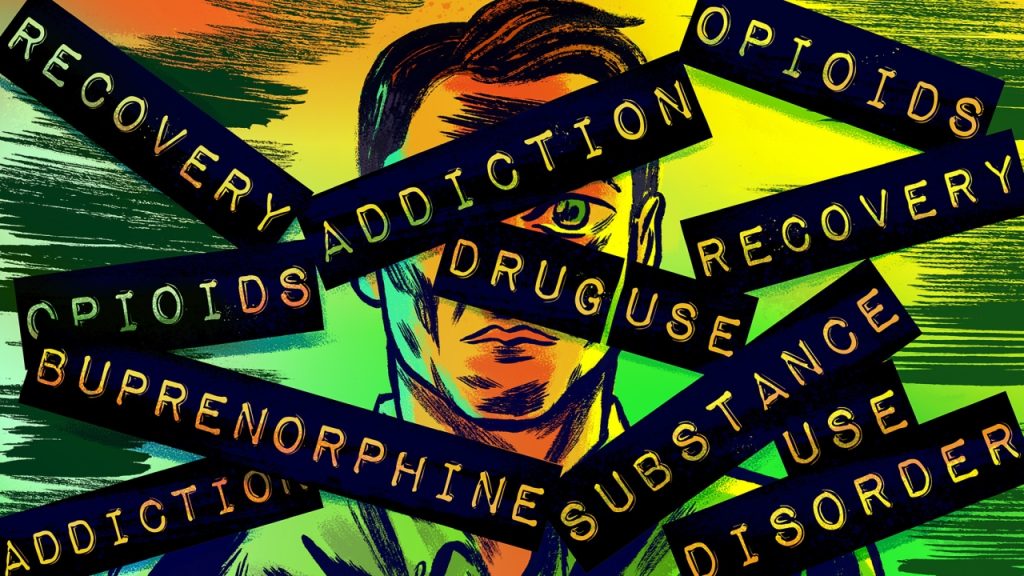




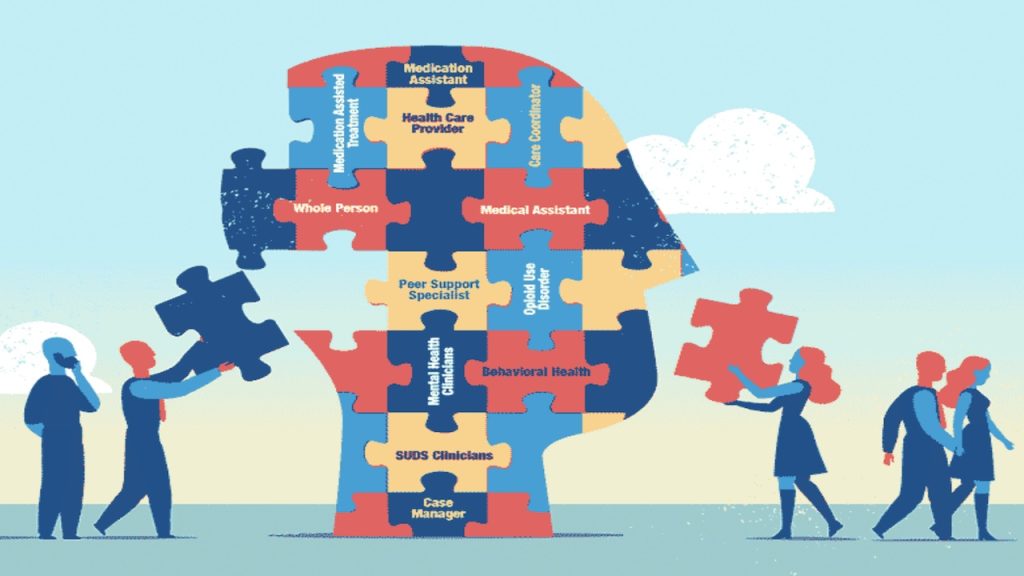




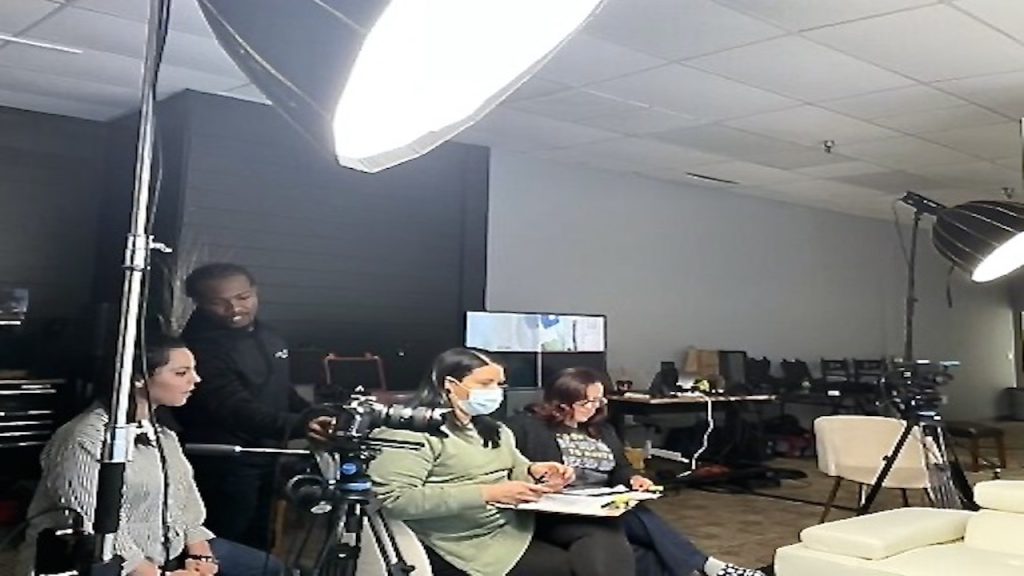








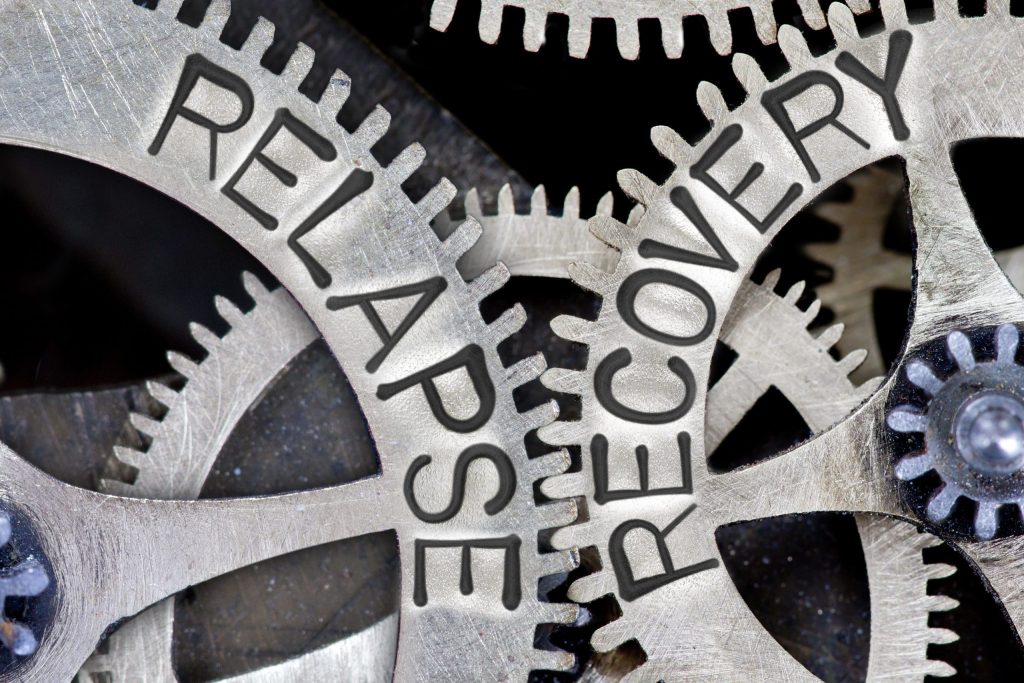

LEAVE A COMMENT / ASK A QUESTION
In your comments, please show respect for each other and do not give advice. Please consider that your choice of words has the power to reduce stigma and change opinions (ie, "person struggling with substance use" vs. "addict", "use" vs. "abuse"...)